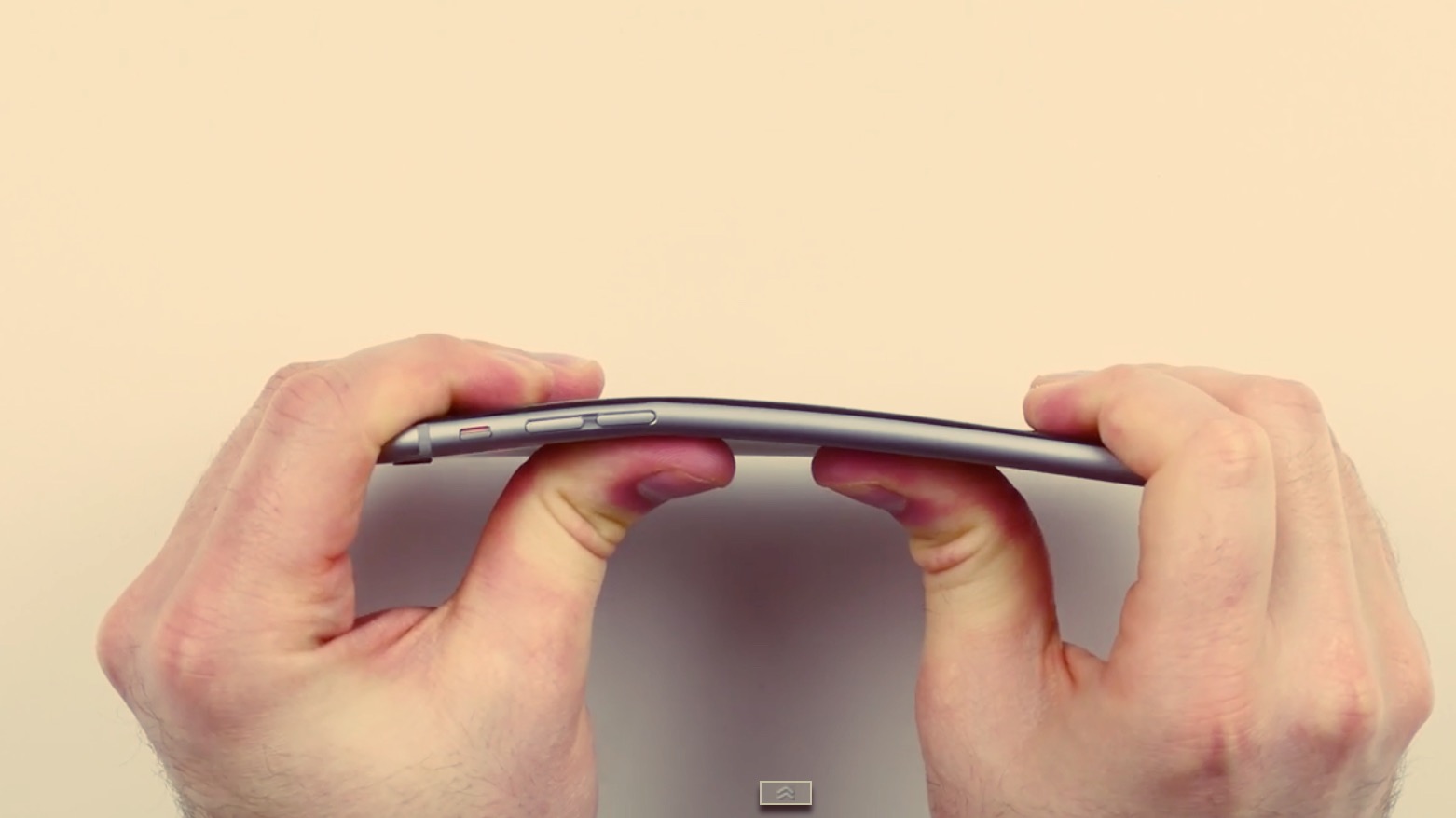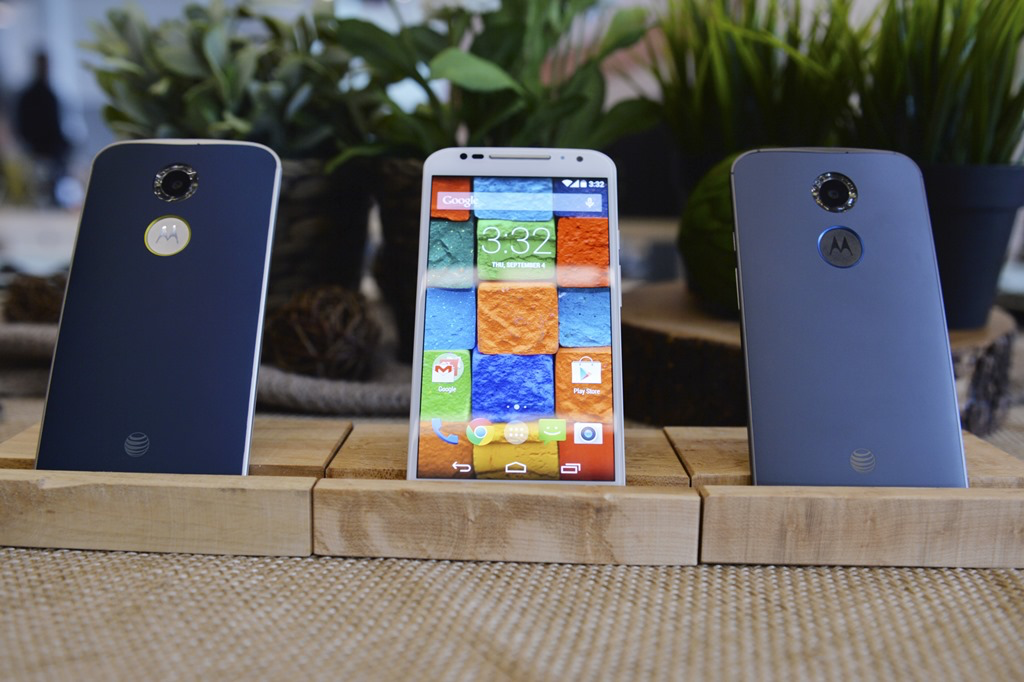Overnight, AppleInsider posted Daniel Eran Dilger editorial “After Apple Inc. dodged the iPhone 6 Plus BendGate bullet, detractors wounded by ricochet“. As is typical of his stories, the tone is conspiratorial and heavily biased in Apple’s favor. That’s okay. He practices what I explained in February is “advocacy journalism“.
In my book, Responsible Reporting: Field Guide for Bloggers, Journalists, and Other Online News Gatherers, I identify five types of journalism relevant today, and each gets a whole section: advocacy, conversational, contextual, mob, and process. Two other journalisms—data and immersive—receive cursory treatment but will be expanded whenever I next update the book. Where I deviate from traditional views about news reporting—what’s taught in J schools—is my glowing endorsement for these different reporting practices, with advocacy journalism being perhaps most controversial.










